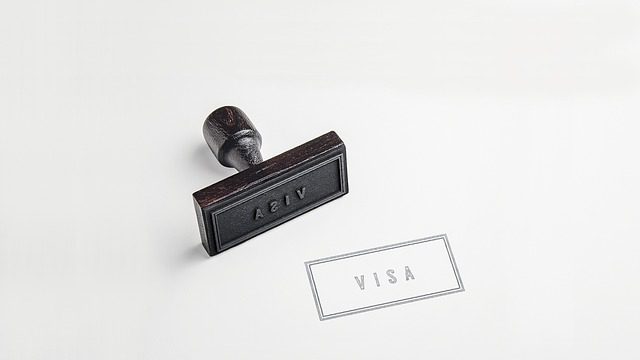Landlords and letting agents managing properties are required to undertake Right to Rent checks. There have been recent updates to this legislation and further changes on the horizon.
All landlords or letting agents where applicable are required to check their tenants’ right to rent property in the UK. This involves checking passports and any other relevant documentation before a tenant moves into a landlord’s property.
Previously, all Right to Rent checks had to be undertaken in-person. Temporary emergency measures allowing these checks to be carried out by video call were originally introduced in March 2020. This was to minimise face-to-face contact in the wake of the COVID-19 pandemic.
Remote checks
Recently, the government announced that remote checks can continue for Right to Rent checks. The temporary measures were set to end on 31 August 2021. However, the government is now allowing landlords and letting agents to continue undertaking video calls for these checks until 5 April 2022.
Despite this recent announcement, some agents and landlords have returned to in-person Right to Rent checks where COVID-19 safety measures have allowed.
New rules for EU nationals
Additionally, recent post-Brexit changes came into effect for Right to Rent checks for EU, EEA and Swiss nationals. Previously, prospective tenants from these areas were treated the same as British nationals. However, these checks are now based on immigration status instead of national identification.
This means tenants who successfully applied for a UK visa or the EU Settlement Scheme will need to provide evidence of their immigration status. The updates to these rules came into effect from 1st July after a six-month grace period.
What’s next for the legislation?
Currently, the Home Office is working on a new digital solution for Right to Rent checks. The department is seeking a more established and secure digital process with improved safeguards.
According to industry body ARLA Propertymark, current plans include a two-tier system. Tenants that are UK nationals will be required to be checked in-person. On the other hand, checks on overseas nationals will permanently take place through video call.
Right to Rent checks on overseas nationals can draw on the tenant’s immigration status. This means agents and landlords would just have to view and save a results screen through the Home Office’s real time system. British citizens aren’t registered on a central identification system. Therefore, they would need to provide a hard copy ID in person.
However, there are concerns about this two-tier system. This is likely why the Home Office extended the temporary COVID-19 measures. The government department is currently conducting a survey to gauge how all involved parties will receive this new system. To help shape the future of these checks, take the survey of questions provided by the Home Office on Propertymark’s website.
If you have any questions about the regulation, check the Code of Practice on Right to Rent on the government’s website. This guidance can help you stay up-to-date on how to correctly undertake these checks.










